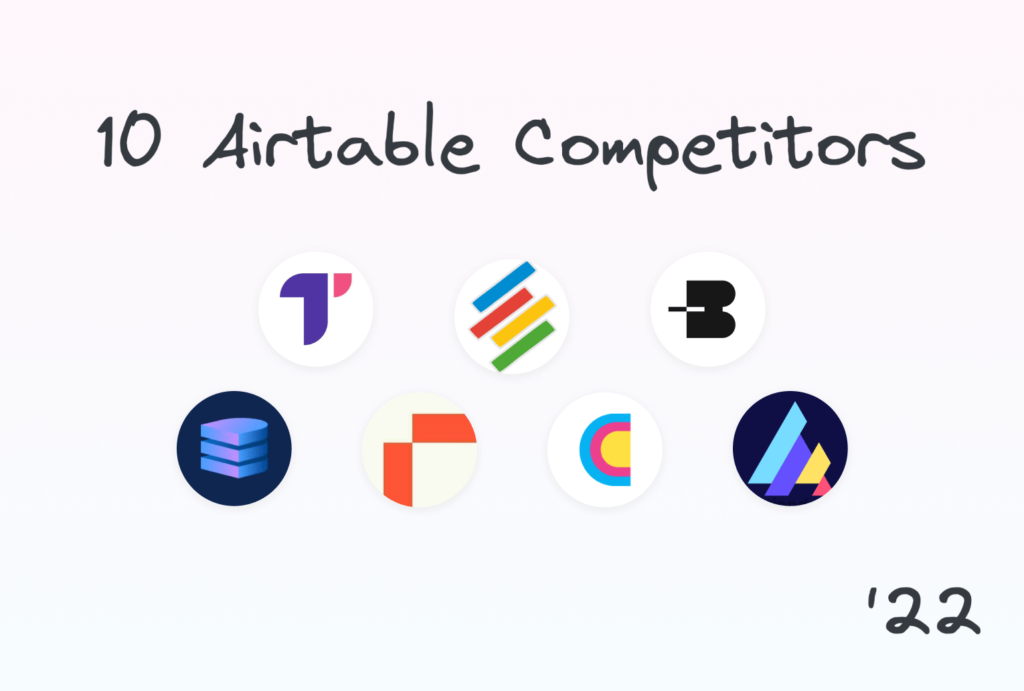
For many, the browser is the most utilized OS application, underscoring the significance of selecting a stable browser meeting all requirements. Linux, like Windows, offers a variety of browsers ranging from lightweight to feature-rich, cross-platform options. Below, explore the finest browsers for Linux.
1. Firefox
Firefox, the third most popular browser globally, also holds the title of the most used browser on Linux, being bundled with numerous Linux distributions. Originally launched in 2002, it marked the revival of Netscape Navigator and later rebranded as “Firefox” in 2004, having previously been known as “Phoenix” and “Firebird”. Renowned for its extensive customization options, Firefox boasts an unparalleled array of user add-ons and themes. Moreover, it excels in performance, demonstrated by tests highlighting its superior memory efficiency and JavaScript speed among mainstream browsers.
Mozilla has a track record of challenging add-on developers and users with backward-incompatible changes, including a complete UI overhaul called Australis. This redesign left many users dissatisfied and resulted in a loss of market share. Mozilla seems to have faced a directional crisis, and only time will reveal the wisdom of their chosen path.
| Pros | Cons |
|---|---|
| Privacy-focused features like Tracker blocking | Limited extensions library |
| Cross-device synchronization | Issues with backward compatibility |
| Optimized memory usage |
To download or install via Flatpak, use the command:
sudo flatpak install firefox2. Vivaldi
Introduced in 2015, Vivaldi is a relatively new contender in the browser arena yet has firmly established itself as a top choice for Linux users. Built on Chromium, it boasts an array of features aimed at enhancing your browsing experience. Highly customizable, it offers the ability to block trackers and touts lower system resource usage compared to Chrome.
Despite a potential learning curve, Vivaldi stands out as one of the most polished and feature-packed browsers for Linux. Notably, its web panels feature allows users to add websites for quick access via a vertical window, streamlining navigation to favorite sites. Compatible with Debian-based, RPM-based, and Arch-based Linux distributions, Vivaldi caters to a wide user base.
| Pros | Cons |
|---|---|
| Highly customizable | Could overwhelm average users |
| Lots of features | |
| Decently-balanced memory usage | |
3. Brave
Brave initially rewarded users with crypto (BAT) for browsing and receiving push notification ads. Now, it offers more. Like other browsers here, Brave is Chromium-based, resembling Chrome. Its standout feature lies in its extensive feature set.
Featuring TOR, tracker blocking, and Brave’s proprietary search engine, Brave Search, this browser prioritizes privacy. Inspired by DuckDuckGo, Brave offers anonymity online. For those concerned about privacy, Brave is a suitable choice.
| Pros | Cons |
|---|---|
| Privacy-focused with features like Tracker blocking | No cross-device sync |
| Integrated Tor for enhanced security | |
| Swift and efficient |
Get it from Flathub by downloading or installing:
sudo flatpak install brave4. Chromium
Debate rages online over Chromium vs Chrome. While similar, they differ in features. Chromium, open-source, shares features with Chrome, albeit with a few proprietary additions. Consequently, Chromium lacks Chrome’s feature richness but shares its DNA.
Loading web pages, installing extensions, and overall usability mirror Chrome. Drawbacks of Chromium include manual updates and lack of support for built-in Media Codecs. Additionally, syncing browser data from Google accounts is unavailable. Nonetheless, for a privacy-focused browser, Chromium suffices.
| Pros | Cons |
|---|---|
| Enhanced privacy without Google integration | No cross-device synchronization |
| Simple, user-friendly, and fast | Lacks support for certain codecs |
Install via Flathub:
sudo flatpak install chromium5. Tor Browser
Behind the Tor browser lies a brief yet rich history, known to only a select few. Originally developed by the US Naval Research Laboratory in the 1990s to safeguard the identities of US Navy Intelligence agents, Tor was later released under a free license. In 2008, Tor Browser emerged as a leading tool for anonymous web browsing.
To understand Tor’s functioning, consult our comprehensive “What is Tor” guide. In essence, Tor operates on an overlay network: your request gets encrypted, bounces through various network nodes, and returns with the requested information. This process ensures your requests remain private, with no intermediaries accessing them. Tor is both free and open-source.
| Pros | Cons |
|---|---|
| Facilitates anonymous web browsing | Slower browsing experience compared to regular networks |
| Allows access to blocked websites without a VPN |
Get Tor from Flathub:
sudo flatpak install torbrowser-launcher6. Falkon
Falkon, another privacy-focused browser from the KDE team, offers essential features for a satisfying browsing experience, albeit with a basic UI that could be more modern. Despite this, our brief usage yielded a generally positive experience.
Aside from the modest UI, Falkon’s parsing speed rivals that of Chrome and Edge Chromium. Equipped with an Ad Block extension, it effectively eliminates trackers and ads. Additionally, a sidebar facilitates managing recent pages and history. Overall, considering it’s free, Falkon proves to be a respectable option.
| Pros | Cons |
|---|---|
| Privacy-focused features like Tracker blocking | Somewhat simplistic |
| Lightweight and open source | Outdated UI |

Install via Flathub:
sudo flatpak install falkon7. Chrome
Chrome, Google’s response to Internet Explorer and Firefox, surprised with its lightweight design, responsiveness, and rapid JavaScript engine, prompting competitors to catch up. Today, it dominates the browser market with over half of the share.
On Linux, Chromium is prevalent, being the open-source foundation of Chrome. However, it lacks some useful features like H.264 support and Google’s Flash plugin. Conversely, it doesn’t include Google’s tracking software. Chrome, like its competitors, ships with basic functionality, but its extensibility has led to a significant rise in add-ons.
| Pros | Cons |
|---|---|
| Fastest browser | Privacy concerns |
| Cross-device sync | High memory usage |
| Extensive extensions library |
Get it from Flathub:
sudo flatpak install chrome8. Opera
Opera, despite its innovation as the pioneer of the Speed Dial feature, has consistently held minimal market share. Recently, it shifted from its proprietary layout engine, Presto, to Google’s WebKit fork, Blink. This transition to Chromium disappointed some longtime users due to the loss of customization options.
Nevertheless, Opera maintains the familiar interface and functionalities such as mouse gestures, a download manager, extensions, Private Browsing, and Turbo Mode. Additionally, it includes Opera VPN.
| Pros | Cons |
|---|---|
| Privacy-focused features like Tracker blocking | Cluttered, bloated interface |
| Battery saver and turbo mode for better browsing | Slower than competitors |
Download or install via Flathub:
sudo flatpak install opera9. Microsoft Edge
Before adopting Chromium-based Edge, Microsoft experimented, but without success. The new Edge, however, proved fruitful, capturing a significant market share. Despite 4.28% seeming modest, Edge surpassed Firefox this year, with its share steadily growing.
Edge boasts all the essential browser features, yet it feels bloated compared to competitors, a sentiment exacerbated with each update. While some users appreciate additional features, they’re not to our taste. Thanks to Microsoft’s recent acquisition of OpenAI, Edge now integrates Bing AI. Overall, while not the top choice for privacy, it’s among the most feature-rich options available.
| Pros | Cons |
|---|---|
| Privacy-focused features like Tracker blocking | Bloated with unnecessary features |
| Customizable | Requires more system resources |
| Fast with built-in efficiency features |
Download or install via Flathub:
sudo flatpak install microsoft-edge10. GNOME Web (Epiphany)
The official browser of the GNOME project, Web, formerly Epiphany, is a WebKit-based browser aligned with the design principles of GNOME. It offers a clean interface and integrates tightly with the desktop environment. Recent versions have eliminated user extensions, but key add-ons such as ad filtering, Greasemonkey support, and mouse gestures remain.
The browser allows blocking ADs and Trackers by default. With recent GNOME versions, Web feels responsive and modern. Switching from Firefox? It offers syncing browser data, passwords, bookmarks, history, and open tabs with your Mozilla account, aiding a quick start.
| Pros | Cons |
|---|---|
| Tracker blocking | A little basic |
| Sync with Mozilla account and Firefox | Not very customizable |
| Fast, efficient, and lightweight |
Download or install via Flathub:
sudo flatpak install gnome-webBonus: Lynx
Lynx, a text-based browser, operates within the terminal. It proves useful in various scenarios: troubleshooting when X crashes, or accessing HTML documentation seamlessly.
Originating in 1992, Lynx stands as the oldest surviving project of its kind. It specializes in text rendering from web pages, lacking support for images, videos, or Javascript. Consequently, it prioritizes speed and security.
Share your preferred Linux web browser and any noteworthy alternatives in the comments below.

Pritam Chopra is a seasoned IT professional and a passionate blogger hailing from the dynamic realm of technology. With an insatiable curiosity for all things tech-related, Pritam has dedicated himself to exploring and unraveling the intricacies of the digital world.



